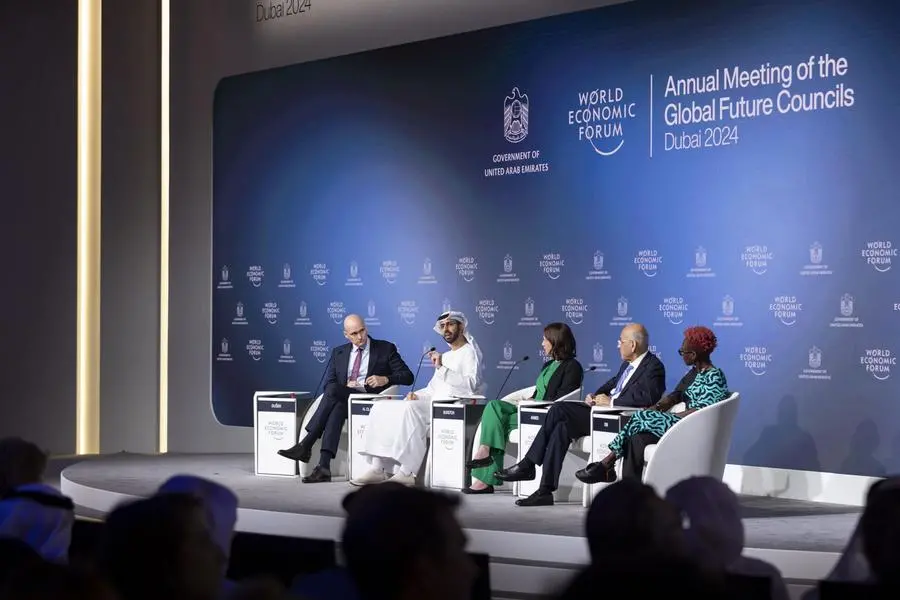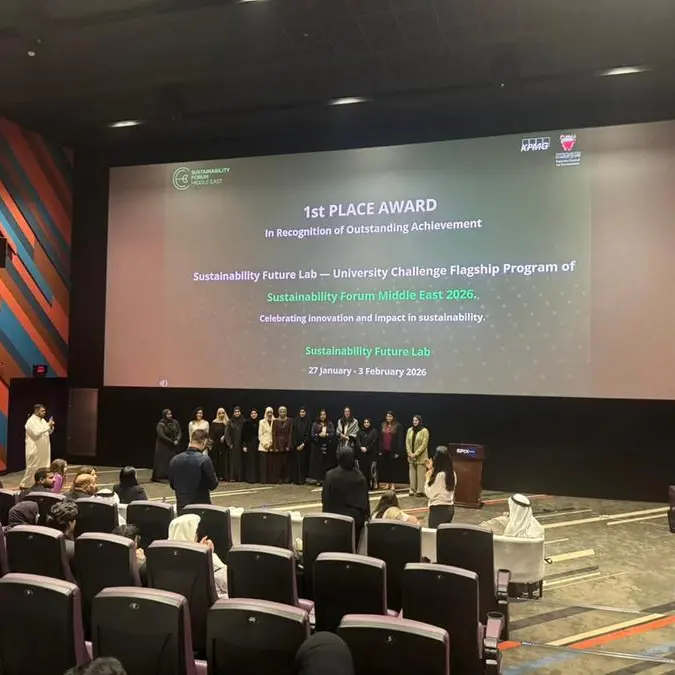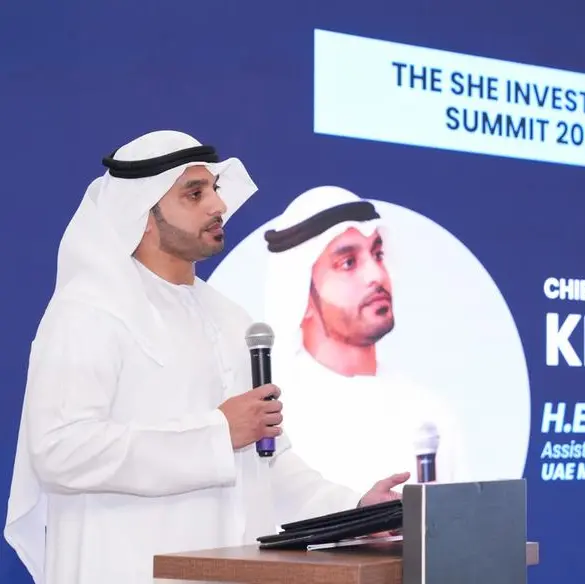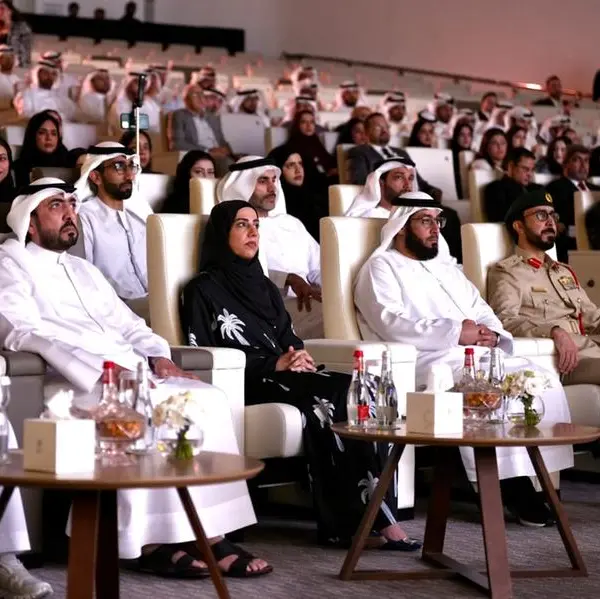PHOTO
Dubai-UAE: “The UAE has always been the bridge between East and West, and between North and South,” His Excellency Omar Sultan Al Olama, UAE Minister of State for Artificial Intelligence, Digital Economy, and Remote Work Applications, and Deputy Managing Director of the Dubai Future Foundation today said during the opening plenary of the 2024 Annual Meeting of Global Future Councils (AMGFC24). He emphasized this strategic position as a key advantage for companies developing AI systems that are globally applicable.
HE Al Olama highlighted how the UAE’s diverse demographic uniquely positions the country to develop AI systems that can be easily adapted for different markets.
“When you deploy something in the UAE, it doesn’t suffer from the local biases found in other places. Our infrastructure enables the rapid flow of data into AI systems, allowing us to deploy them faster than others,” he stated.
Underscoring the UAE’s commitment to its vision for technological leadership amid global geopolitical challenges, HE Al Olama added: “Our market depends on working with the rest of the world. We understand that conflicts will affect us, but our ambition is to control our fate. We want to build AI systems in the UAE and export them globally.”
He also touched on the UAE’s investment in human capital and preparing the workforce to be able to adopt AI: “To date, over 400 government officials have completed specialist training, equivalent to a master’s degree, in AI ethics, AI’s benefits, opportunities, and the mechanisms for implementing it.”
HE Al Olama was joined by Mirek Dušek, Managing Director at the World Economic Forum; Masood Ahmed, President of the Center for Global Development; Jane Burston, CEO of the Clean Air Fund; and Tolu Oni, Clinical Professor at the University of Cambridge. The session explored the transition to the ‘Intelligent Age’, focusing on challenges and opportunities in AI, public health, climate action, and economic development.
The speakers emphasized the interconnectedness of these issues and the need for collaborative, innovative approaches to responsibly harness emerging technologies to address global challenges.
Burston stressed the need to align climate action with public health and economic benefits to overcome resistance to sustainability measures.
“As well as the economic benefits, climate action will help us breathe cleaner air. Electric vehicles will reduce noise, and greener cities are better for mental health. When we lead with the health benefits of climate action, I think more people will support it,” she said.
Ahmed built on this by focusing on the urgent need to decarbonize economic growth and ensure affordable financing to support green initiatives in emerging markets.
“One thing is very clear: we can't continue with a growth strategy that clashes with our climate goals,” he stated.
He also emphasized the need for political action: “Where we fall short is in political ambition and urgency. If 80% of the infrastructure in emerging markets over the next 50 years is going to be built in the next 15, making the right choices now in terms of financing and technology is critical. Otherwise, we’ll be paying the price for bad decisions for generations.”
Oni addressed the social and environmental factors impacting health, noting that “80% of factors that influence our health lie outside of healthcare. They are in the environments that shape where we live, how we live, how we move, what we eat, and the air we breathe.”
She advocated for integrating health considerations across sectors and using digital technologies to democratize data collection and promote accountability, leading to more equitable health outcomes.
AMGFC24, hosted by the UAE Government in cooperation with the World Economic Forum (WEF), is taking place from 15-17 October in Dubai. The 2024 edition features 30 councils and over 700 participants from 80 countries, including experts, thought leaders, senior government officials, and business leaders who are helping shape the agenda of the 2025 WEF Annual Meeting in Davos.




















